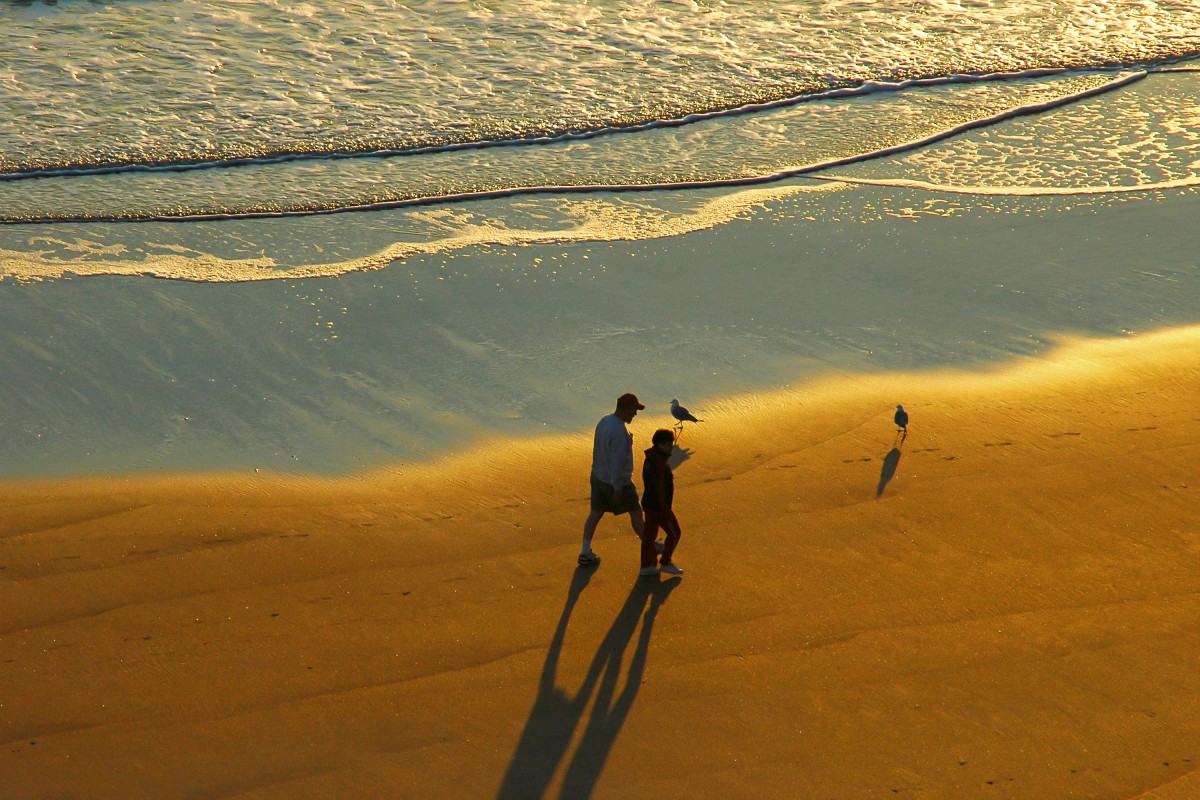Retiring In Mexico: What Every American Needs To Know

Thinking about retiring in Mexico? Many Americans dream of spending their golden years in a place with warm weather, rich culture, and affordable living. Mexico offers all that and more. From the beautiful beaches of Cancun to the charming colonial towns like San Miguel de Allende, there's a spot for everyone. The cost of living is much lower than in the U.S., making it easier to stretch your retirement savings. Plus, the healthcare system is both high-quality and affordable. But before packing your bags, it's important to understand the visa requirements, healthcare options, and local customs. Ready to learn more? Let’s dive in!
Cost of Living
Retiring in Mexico offers a lower cost of living compared to the United States. This affordability allows retirees to stretch their savings further, enjoying a comfortable lifestyle without breaking the bank.
Housing: Rent and property prices are significantly cheaper. A two-bedroom apartment in a city center might cost around $500 per month.
Groceries: Fresh produce and local goods are inexpensive. A week's worth of groceries can be as low as $30.
Healthcare: Quality healthcare is accessible and affordable. Many doctors speak English, and a visit might only cost $40.
Utilities: Electricity, water, and internet services are reasonably priced. Monthly utility bills often total around $100.
Healthcare System
Mexico's healthcare system is another major draw for retirees. With both public and private options, retirees can choose the level of care that suits their needs and budget.
Public Healthcare: The IMSS system provides affordable healthcare for residents. Enrollment costs are low, and services cover a wide range of medical needs.
Private Healthcare: Private hospitals and clinics offer high-quality care. Many facilities are equipped with modern technology and English-speaking staff.
Pharmacies: Medications are readily available and often cheaper than in the U.S. Many drugs that require prescriptions in the States can be bought over the counter.
Climate and Lifestyle
Mexico's diverse climate and vibrant culture make it an attractive destination for retirees seeking a warm, active lifestyle.
Beaches: Coastal towns like Puerto Vallarta and Playa del Carmen offer stunning beaches and a laid-back vibe. Perfect for those who love sun and sand.
Colonial Cities: Places like San Miguel de Allende and Guanajuato boast rich history and beautiful architecture. Ideal for culture enthusiasts.
Mountain Towns: Cooler climates can be found in towns like Ajijic and San Cristobal de las Casas. These areas offer a peaceful retreat with stunning views.
Safety and Community
Safety is a common concern for retirees considering Mexico. However, many areas are safe and have thriving expat communities.
Expat Communities: Cities like Lake Chapala and Merida have large expat populations. These communities provide support and social opportunities for newcomers.
Safety: Researching specific neighborhoods and staying informed about local conditions is crucial. Many retirees live safely and happily in well-chosen areas.
Local Friendliness: Mexicans are known for their hospitality. Building relationships with locals can enhance the retirement experience.
Legal Considerations
Understanding the legal aspects of retiring in Mexico is essential for a smooth transition. This includes visas, property ownership, and taxes.
Visas: The Temporary Resident Visa is popular among retirees. It allows for a stay of up to four years and can be converted to a Permanent Resident Visa.
Property Ownership: Foreigners can own property in Mexico, though there are restrictions in coastal and border areas. A fideicomiso (trust) is often used to navigate these rules.
Taxes: Mexico has tax treaties with the U.S. to avoid double taxation. Consulting with a tax professional can help retirees understand their obligations.
Activities and Entertainment
Mexico offers a wide range of activities and entertainment options to keep retirees engaged and active.
Cultural Events: Festivals, music, and art events are frequent. Cities like Oaxaca and Mexico City are cultural hubs.
Outdoor Activities: Hiking, fishing, and golf are popular. The diverse landscape provides endless opportunities for adventure.
Dining: Mexican cuisine is world-renowned. From street food to fine dining, there's something for every palate.
Language and Communication
While many Mexicans speak English, learning Spanish can greatly enhance the retirement experience.
Language Classes: Many cities offer Spanish classes for expats. Learning the language can help retirees integrate more fully into the community.
Bilingual Services: In areas with large expat populations, many services are available in English. This includes healthcare, legal services, and real estate.
Local Interaction: Speaking Spanish can make everyday interactions smoother and more enjoyable. It also shows respect for the local culture.
Making the Move to Mexico
Retiring in Mexico offers many benefits. Lower cost of living, beautiful landscapes, and a rich culture make it an attractive option. Healthcare is affordable and high-quality, which is a big plus for retirees. Learning some Spanish will help you integrate better, but many locals speak English, especially in popular expat areas.
Safety is a concern for some, but many regions are safe and welcoming. Do your research to find the best spot for you. Consider renting before buying property to get a feel for the area.
Legal requirements for residency are straightforward, but consulting with a legal expert can smooth the process.
Overall, Mexico provides a vibrant, affordable, and enjoyable retirement option. With proper planning, you can make a seamless transition to your new life south of the border.

